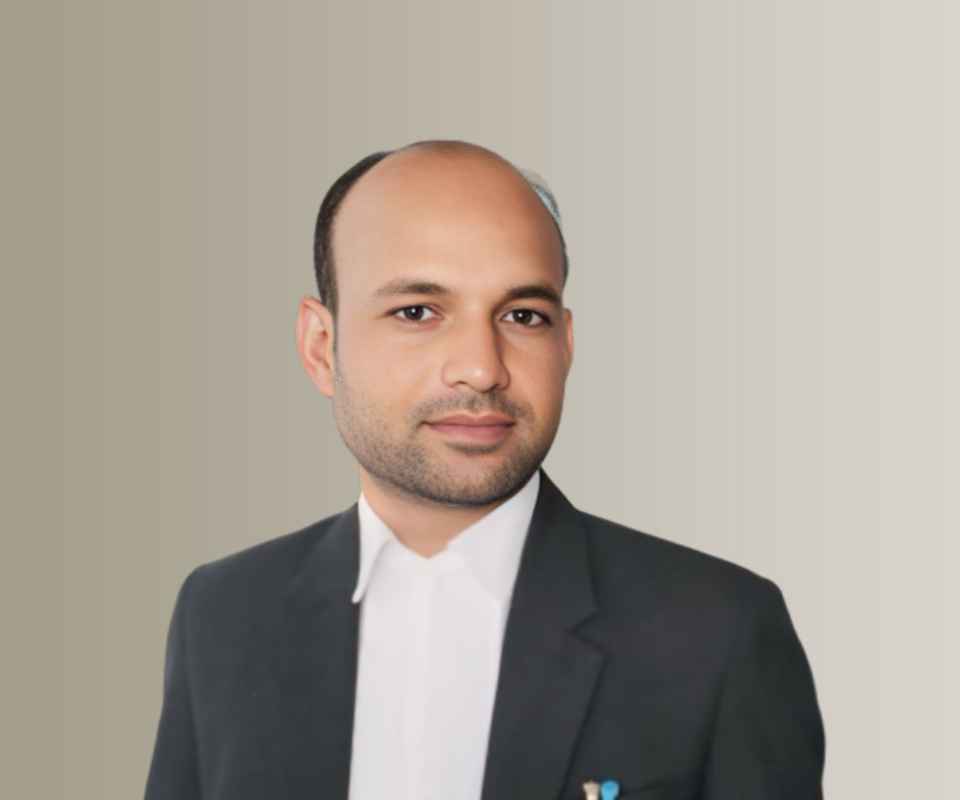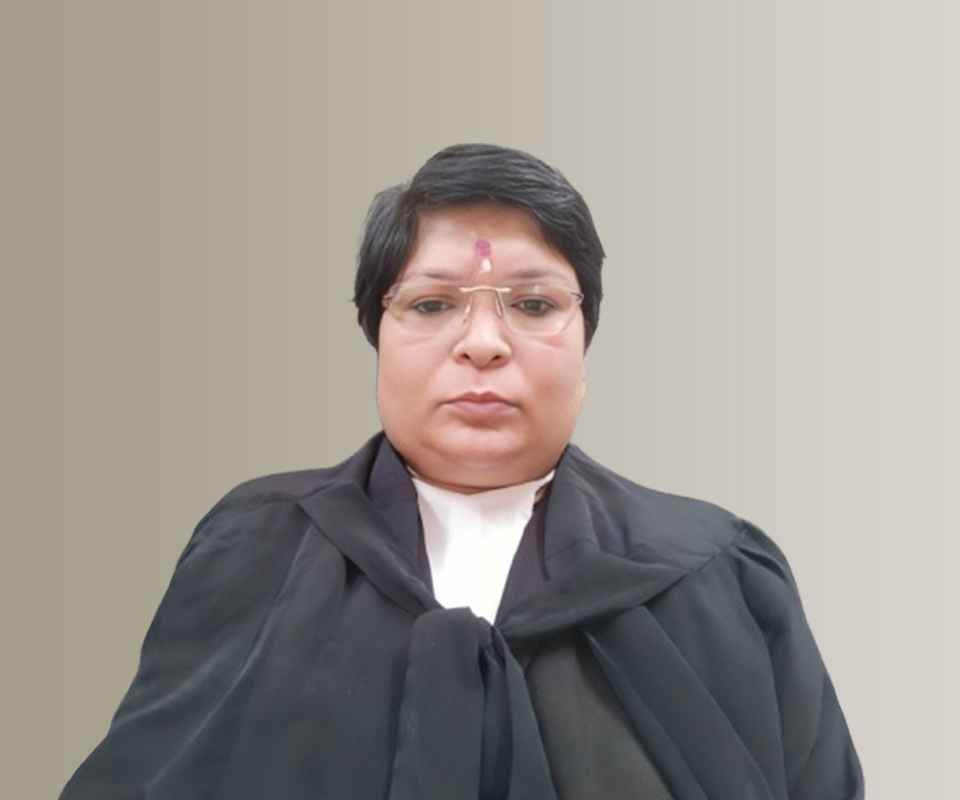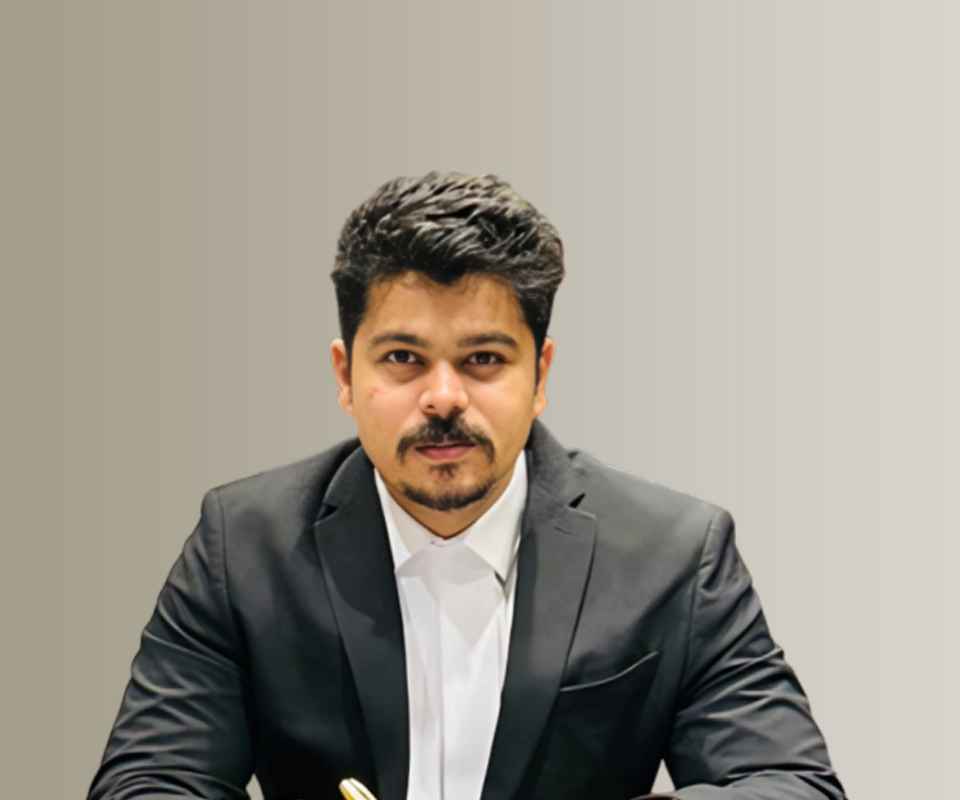Answer By law4u team
Yes, veterans can donate their bodies to medical science after death, just like any other citizen. Donating one's body can contribute to medical education and research, helping future doctors, medical students, and researchers study human anatomy, diseases, surgical techniques, and more. For veterans, who have served the nation, this act can be a final contribution to the well-being of society and future generations. The procedure for body donation is the same as for the general public, but it requires careful planning, consent, and understanding of the legal and medical requirements involved.
Steps and Procedures for Body Donation by Veterans
Eligibility and Consent:
Veterans can donate their body after death, provided they have the legal capacity to make such a decision during their lifetime.
Consent is crucial: a written consent form must be signed by the individual, stating their wish to donate their body after death.
It is advisable to inform family members about the decision, as they may need to help with the formalities after death, such as contacting the institution where the body will be donated.
Contacting Medical Institutions:
Veterans interested in donating their bodies should contact medical institutions or universities with medical colleges that accept body donations.
Many institutions in India, including prominent medical colleges, welcome body donations for the purpose of teaching and research.
Some major medical colleges, such as AIIMS (All India Institute of Medical Sciences), King Edward Memorial Hospital, and Christian Medical College, are known to accept body donations for medical science.
Registration for Body Donation:
Some institutions offer a body donation registration program. By enrolling, veterans can register their intention to donate their body after death. This helps ensure that their donation will be accepted by the institution upon their passing.
During registration, the veteran may be required to fill out a consent form, and the institution may provide details about the guidelines, conditions, and the process to be followed.
Conditions for Body Donation:
Not all bodies are accepted by medical institutions. Generally, the body should be free of infectious diseases and should be suitable for medical studies.
Some institutions may have specific age limits or restrictions related to health conditions, so it is important to check the criteria of the institution in advance.
Posthumous donation is typically accepted after the individual’s death, and the donation must be arranged promptly (within a few hours after death) to prevent decomposition.
Transportation of the Body:
After death, the family or the designated person must ensure that the body is transported to the medical institution as quickly as possible. Most medical institutions have specific guidelines for transportation, and this should be arranged immediately after death.
Some institutions may provide assistance with transportation or direct the family on how to coordinate the body’s transfer.
Donation Certificate and Gratitude:
Once the body is received by the medical institution, the family or the donor’s representative is typically provided with a certificate of body donation, acknowledging the contribution to medical science.
Many institutions also offer gratitude or recognition to those who have donated their bodies, with special mention of the donor’s service, which can be meaningful for veterans.
Alternatives and Organ Donation:
In addition to body donation, veterans can also choose to donate their organs (while alive or after death) to help save the lives of others. Organ donation is a separate process and involves registering with organ donation organizations.
Many hospitals and organizations have organ donation programs that allow veterans to choose to donate organs such as the heart, kidneys, liver, and corneas.
Example
A retired Army colonel, wishing to contribute to medical science, registers with the AIIMS Body Donation Program during his lifetime. After his passing, his family contacts AIIMS, following the necessary steps to arrange for the timely transportation of his body to the medical college. The colonel's donation helps medical students and researchers better understand human anatomy and improve surgical techniques. The family is given a certificate of appreciation for their father’s contribution to the advancement of medical science.
Legal and Ethical Considerations
Legal Documentation:
Veterans should ensure that the body donation decision is legally documented and signed to avoid any disputes after death.
Family Consent:
Although the individual has expressed a wish to donate their body, the family's consent is often required at the time of death. This is why it’s important to discuss the decision openly with family members.
Ethical Guidelines:
Medical institutions that accept body donations follow strict ethical guidelines to ensure that bodies are treated with dignity and respect. Body donations are used exclusively for educational and research purposes.
In summary, veterans can donate their body to medical science after death, just like any other citizen. By doing so, they can contribute to the education of future doctors and medical researchers. The process requires written consent, coordination with a medical institution, and following the institution’s guidelines. If veterans wish to make this noble contribution, they should take the necessary steps during their lifetime to ensure their wishes are respected.







